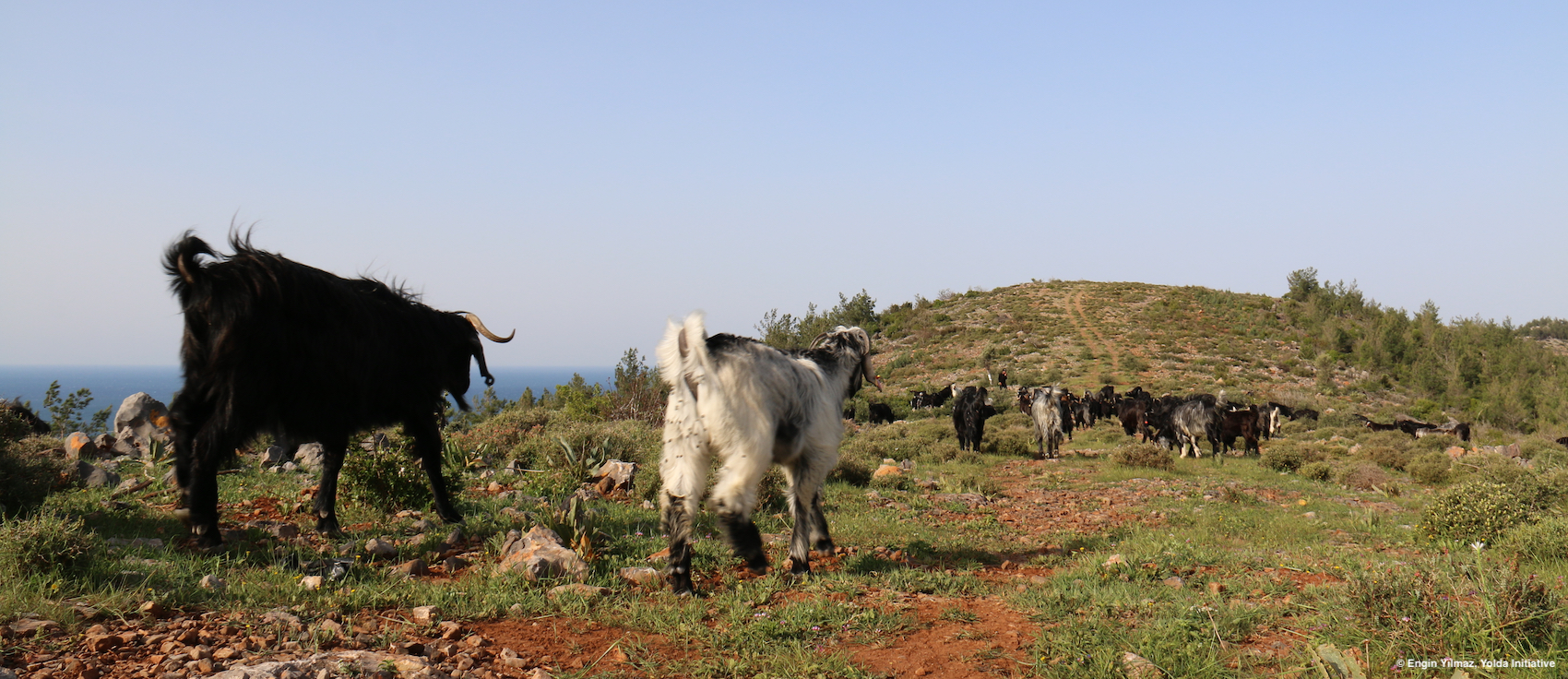Our project, “A Cultural Landscapes-based Assessment: Coexistence of Nature and Culture on the Aegean Coast of Turkey,” funded by the French Embassy in Turkey, will map the coexistence of high biodiversity areas and traditional cultural practices, engaging local communities and stakeholders through fieldwork and meetings.

Cultural Landscapes Conference
We’re excited to announce the upcoming Cultural Landscapes Conference, which will showcase and upscale the cultural landscapes approach and the results of AMNC’s regional work. It will highlight the cultural landscapes approach, regional achievements of AMNC, and foster future conservation collaborations in the Mediterranean, while celebrating the MAVA’s legacy.

Updates from AMNC: Steering Committee Meeting in LebanonUpdates from AMNC
We had a productive Steering Committee meeting of the Alliance for Mediterranean Nature and Culture in Lebanon last week. We discussed strategies to strengthen cultural landscape conservation in the Mediterranean, supporting local communities.

A Cultural Practice in the Struggle against the Climate Crisis: The Case of Sarıkeçililer Workshop
On World Environment Day, we’re at the Kadıköy Environment Festival, sharing insights on mobile pastoralism and Sarıkeçili nomadic pastoralists under Geççi’s goat-hair tent. We’ll highlight how local communities like the Sarıkeçililer, with centuries-old practices, contribute to biodiversity and the climate crisis fight.

New Collaboration: Foodnected
Foodnected connects people and nature through local, fair, and sustainable food systems by bridging producers and consumers and establishing ethical environmental and social standards. Yolda integrates the traditional lands of Sarıkeçili nomadic pastoralists into the project and coordinates AMNC’s involvement. Stay tuned for more Foodnected activities!

New Event: AMNC Biodiversity Impact Common Framework Workshop
The AMNC partners will gather in Mersin, Turkey, from April 5-7, 2022, for the AMNC Biodiversity Impact Common Framework workshop, organized by IUCN Mediterranean and hosted by Yolda. The workshop aims to develop a common framework to showcase the biodiversity contributions of cultural landscapes and practices across the Mediterranean region, including mobile pastoralism.


